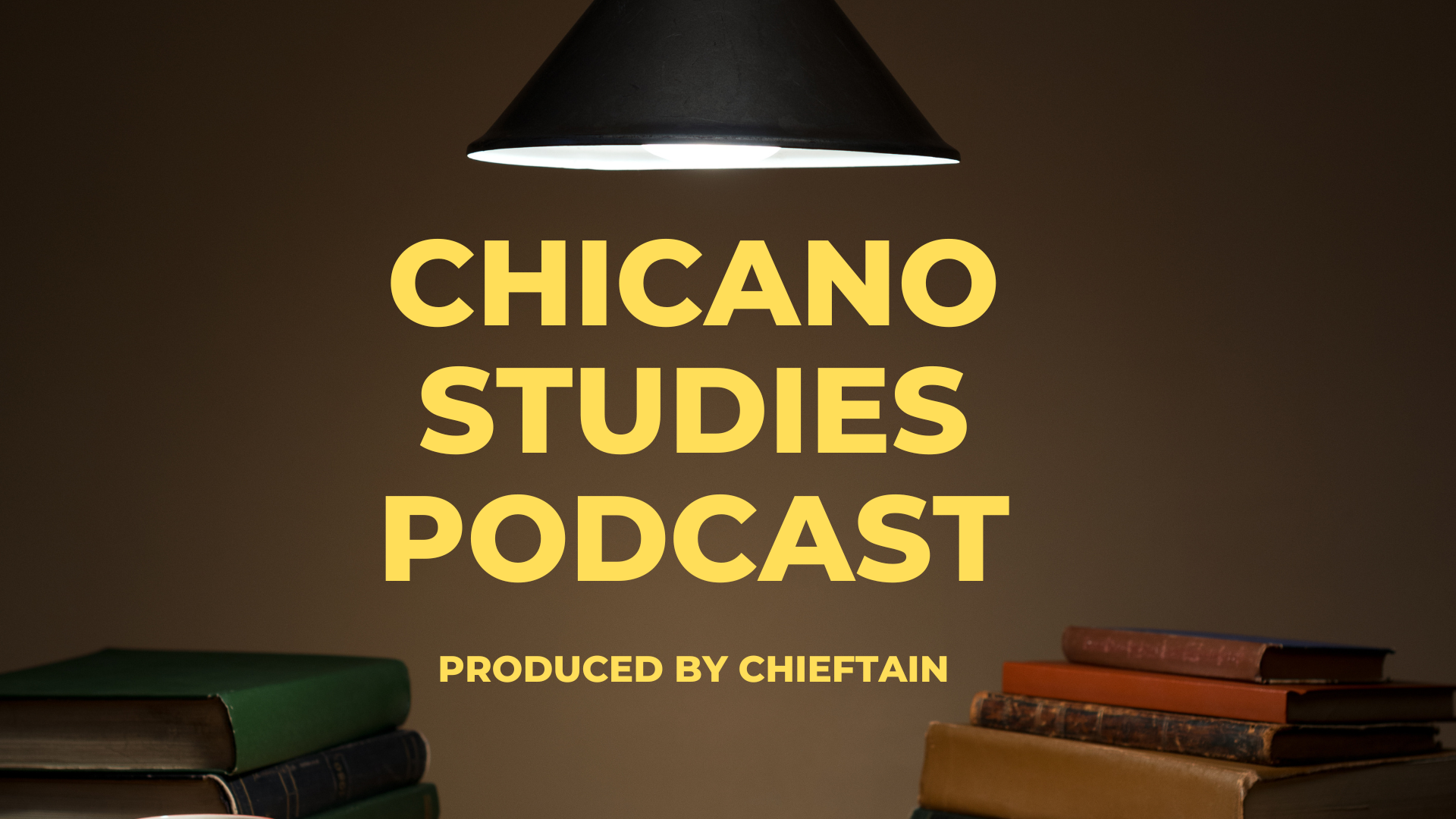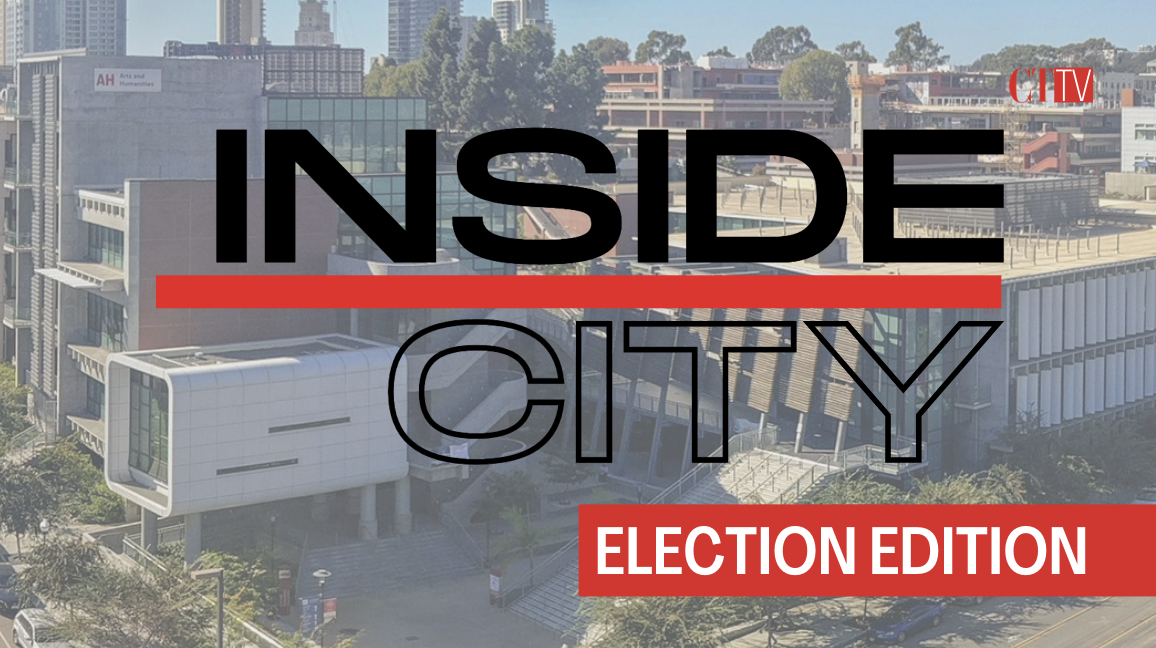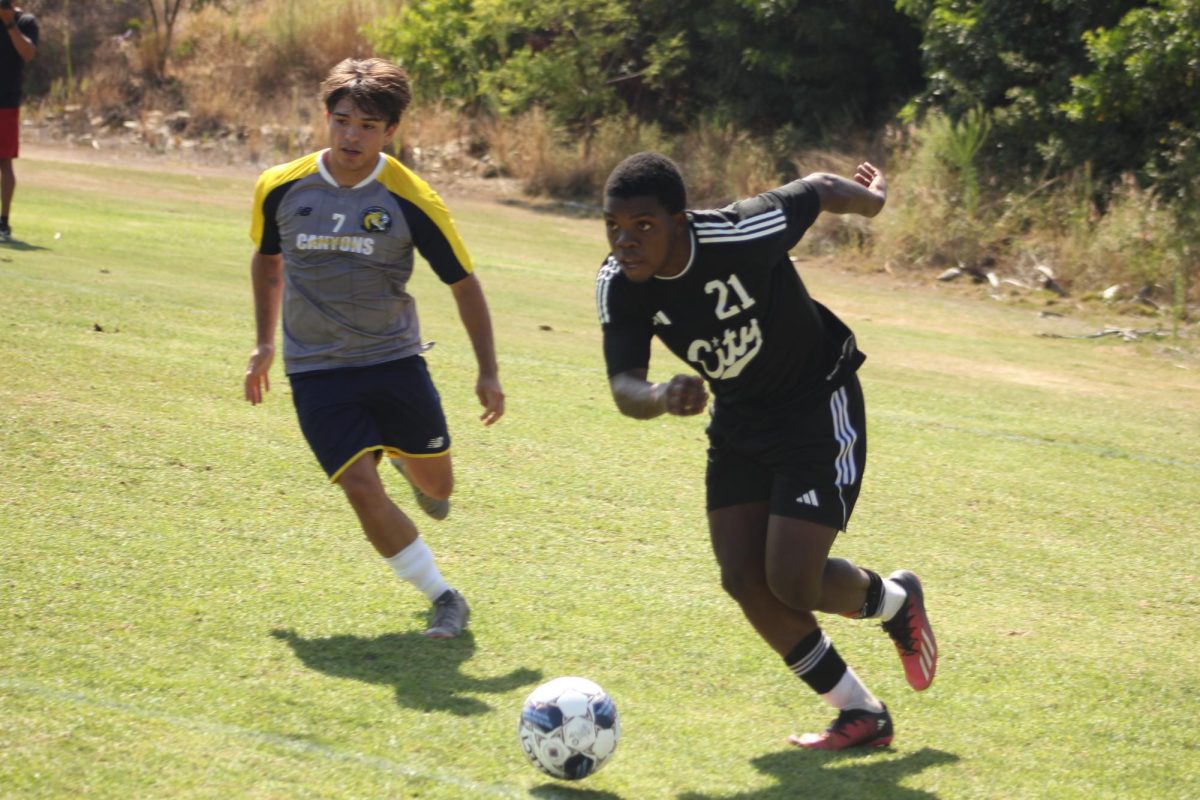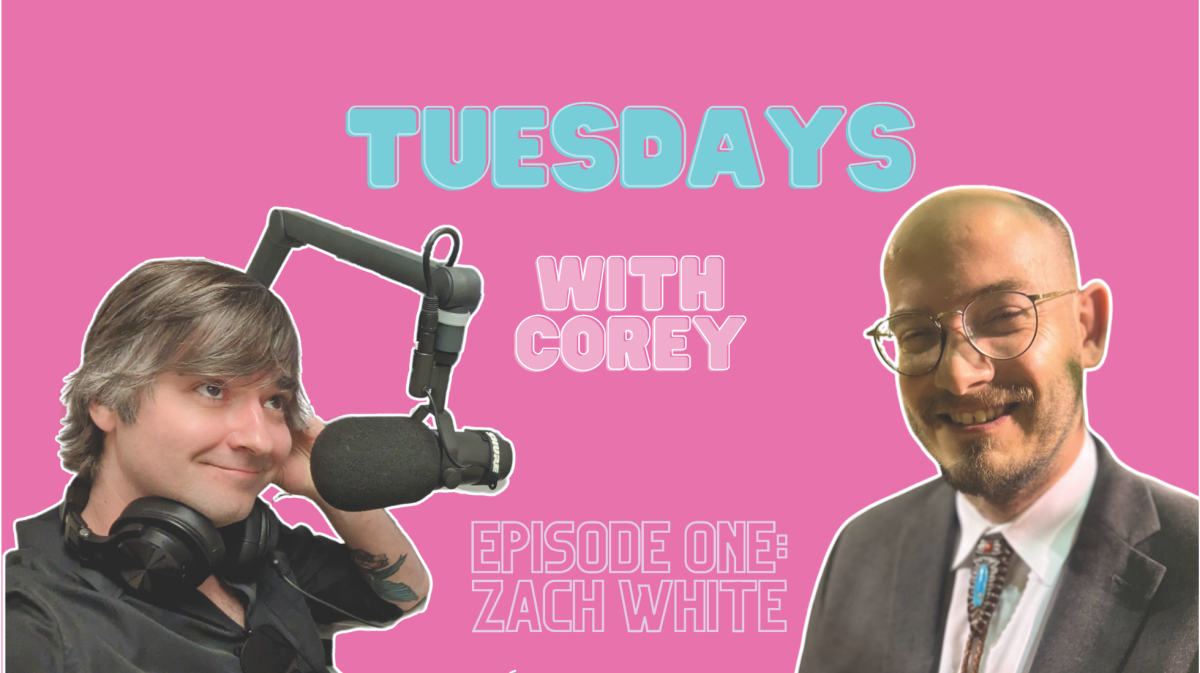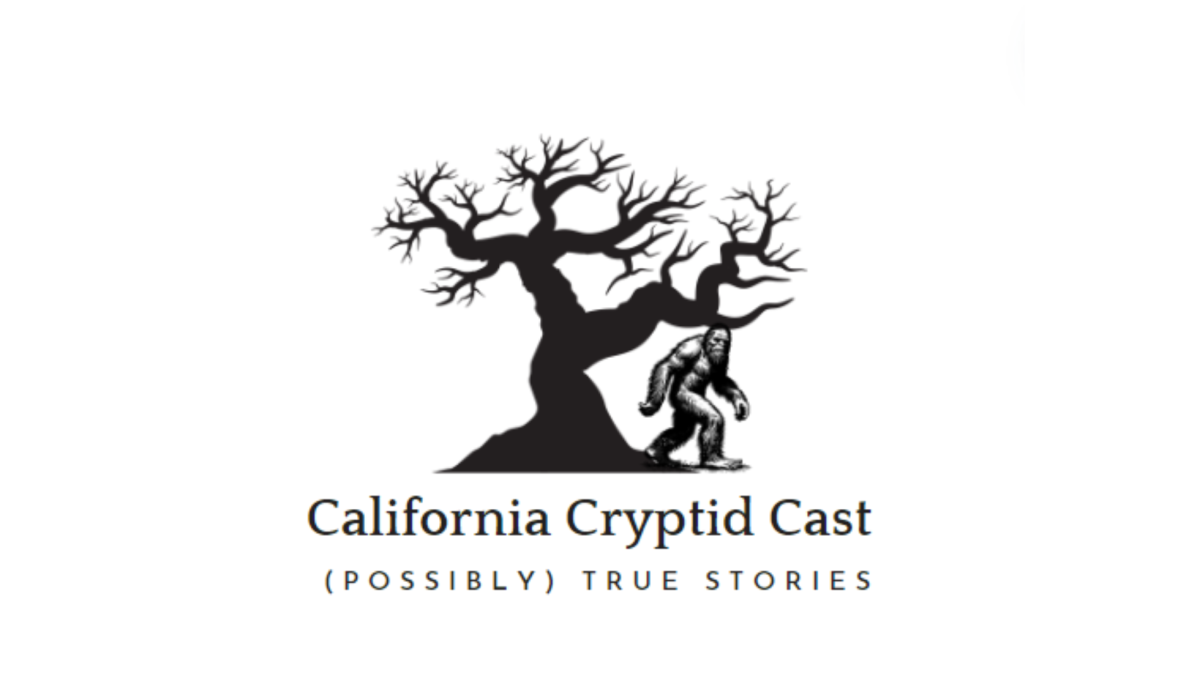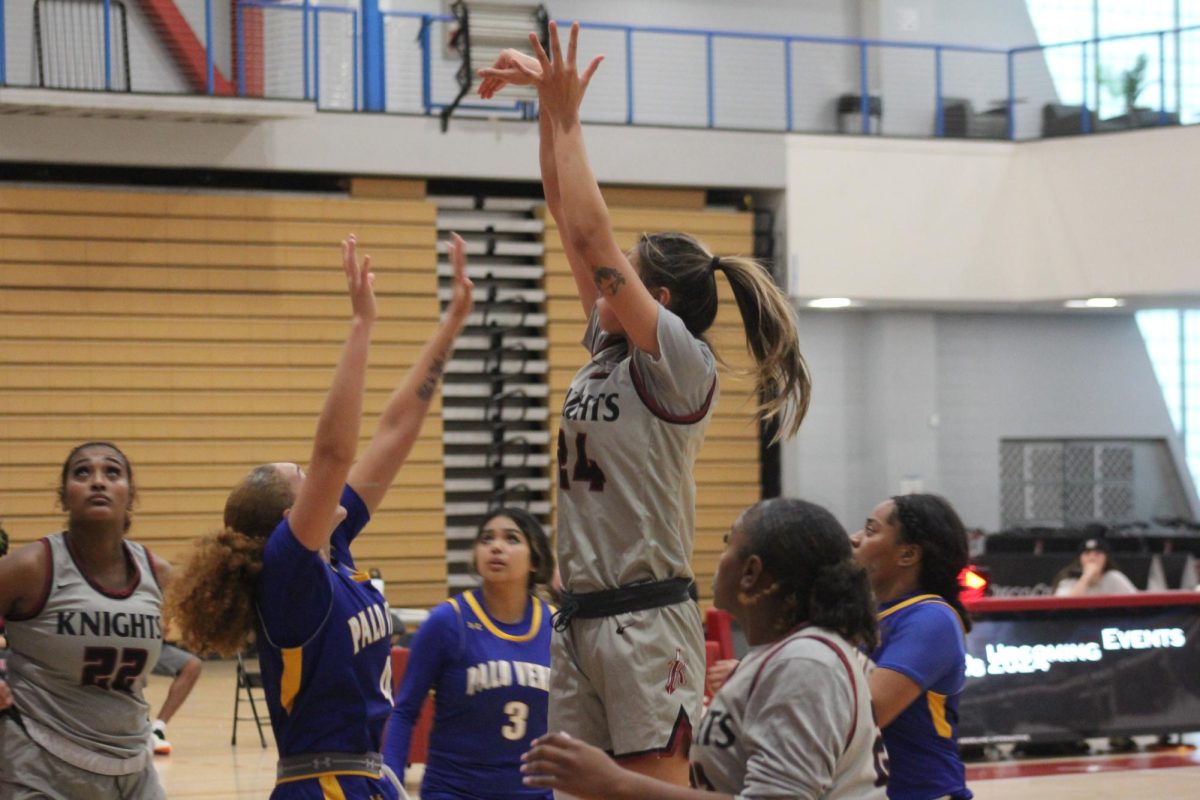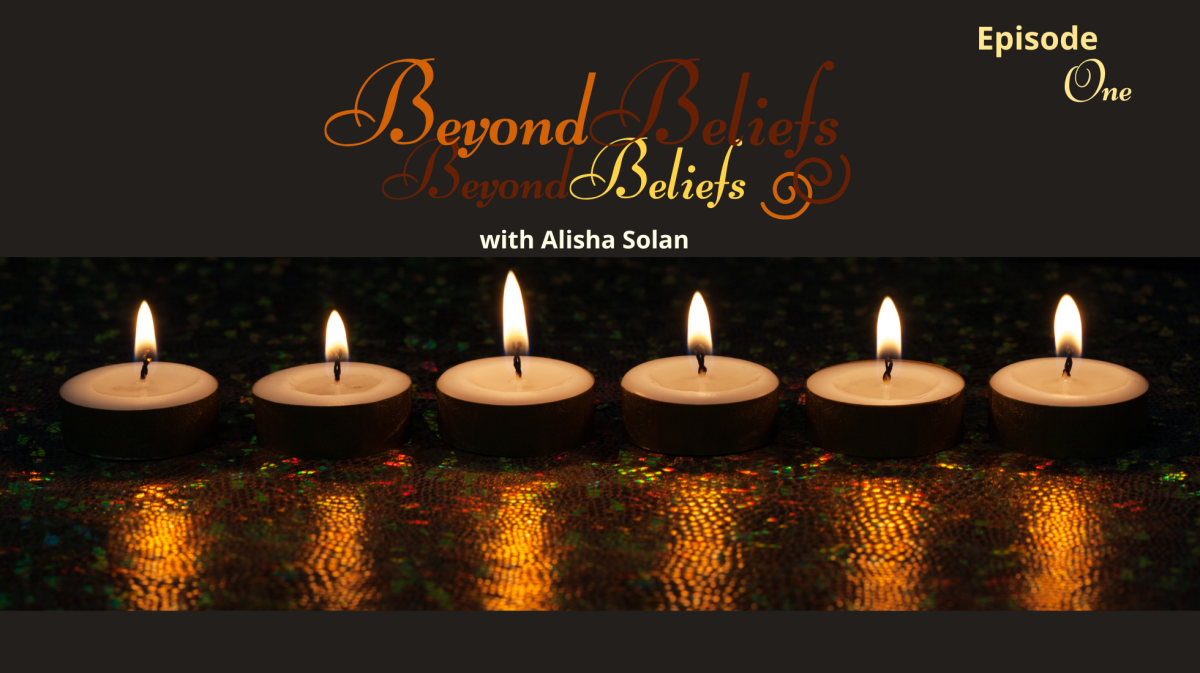City College students share their stories and perspectives on Chicano studies in the debut episode of the “Chicano Studies Podcast.”
They found the class refreshing, empowering and it gave them a sense of belonging.
Through community involvement, these students are striving to break the cycles they were born into.
“Chicano Studies Podcast” is hosted by Michael David Prado and features students/guests Roxanne, Raul Solis and Aolanis C.
Original music by Michael D. Prado, Instagram: @winterfiji, and Marco Mexia, Instagram: @dontknowcaca.
Mashup: “I am Joaquin” – sMash’d up fall2023 by Chieftain
Can’t access the recording? Click here. Keep reading for the transcript or click here.
TRANSCRIPT
Raul: Hey what’s up! This is Raul Solis.
Roxanne: This is Roxanne.
Aolanis: This is Aolanis.
Raul: And this is our podcast for Chicano Studies 110A.
Michael: All right, my name is Michael, I’m going to be asking some questions to the group. So my first question is how can we improve educational outcomes for Mexican and other oppressed communities in the U.S. start with you?
Aolanis: Thank you, Michael, for the question. I think in order to start deconstructing everything that has happened, we need to, in order to improve educational outcomes, I feel like we first need to look at our history, and the history of the oppressed communities. Because if we do not understand the history, and why things are the way that they are, and how our history has influenced our present, we will not be able to improve our educational outcomes. We also need to defuse tensions between cultures and communities. Because we cannot fight oppression individually, we need to do it together as a community. And we also need to deconstruct racism and colonialism. And we need to understand why people think the way that they think because we cannot change essentially the mind of a single person, but we can influence change over time.
Raul: The wind that moves me…alright Gloria Anzaldua’s perspective of trying to bring in all these mid-psyches, because that’s kind of who we are as borderlands people. We face many confrontations between different abject, adversities. And most of them come from within, and most of them come from reflecting on the way people have perceived us since we’re children, the way our teachers perceive us the way our class perceives us the way society perceives us, if we can’t understand what that means to be perceived by other people, the amount of stress that is dealt with, because we don’t fit somebody else’s model or perspective of how they want us to be, then it creates distinction within the classroom. A separation almost like many people in impoverished communities, they face troubles at home, they could see things within their household that is really hard to recover from traumatic experiences could create negative outcomes within school itself. And there’s really no one there to help these children deal with it. So because of that they can fall behind very easily in class. And there’s not really a safety net for that. Instead, there’s like a prison pipeline, when children are facing bad grades at school, cops reflect on this and decide, well, we probably need to open up more prisons then, because these children aren’t following along with the code, with the system that we’ve put out. So I think removing standardized testing would be a great deal because that’s what most of us based off of. When kids do bad in school, they perceive us to be as delinquents, as dropouts, as criminals. And there’s not really any second chances for kids like that. The social safety nets have to come from home from within our own community.
Roxanne: And adding on to that I believe that examining and dismantling oppressive structures, or ideologies that perpetuate colonial dynamics becomes a really important factor. And deconstructing colonialism, colonialism to achieve liberation, amplifying marginalized voices. Furthermore, adding on to what Raul had explained, education and awareness because a key challenge or a key factor in challenging societal norms and advocating for change as well. So educational institutions usually develop partnerships or gain cultural insights and create programs that address specific needs and challenges faced by Mexicans and other oppressed communities as well. So by also amplifying oppressed voices, this works towards dismantling systemic barriers that hinder these educational opportunities. Even diversifying, like their own staff and faculty ensures that students can have access to role models and mentors who look like them, who share the same background and experiences. And I believe that change starts with individuals like us who can be committed to create a more equitable and empowering environment.
Michael: Thank you guys for the answers. I was wondering if maybe, if you’re willing to, you could possibly dig deeper into what connects you to this, this or these issues that you’re discussing. We could probably start with you.
Aolanis: Thank you so much for the question. All of us personally, we all grew up Chicanos down here in California. So we all have experienced what it was like growing up in a system that was made by the oppressor. So growing up in an oppressed community, I did see specifically like a lot in my history classes, how all the influential people or all the great discoveries that they would talk about would be by like, oh, white people did this, and white people are great. And they did this and they did this, but I personally would never see like, oh, this Chicano artist made this famous painting, or this Chicano inventor did this great thing. I feel like it’s important to show minority groups that they cannot amount to more than just ending up a delinquent in prison, or ending up on the streets or as a drug addict. Because that’s all that the system sees us as. and Roxanne was mentioning how diversifying role models in oppressed communities would be beneficial. And I agree with that, because I personally have never had a Chicano role model in which I would be able to look up to, because the system only would expect to hire, like, Chicano women as cleaning ladies or maids, even in, like, the media. For example, like actresses, they’d all be portrayed as maids or exotic or spicy Latinas. So I think having role models in society that would be, a be amounted to more than just a cleaning lady. I feel like it’d be good to have them as lawyers or show communities that they can amount to more than what they’re perceived, does.
Raul: Yes, I agree everything with what Aolanis said. For me, the biggest impact is probably to my own personal experiences. I feel like a lot of it comes based off of early childhood trauma, just negative experiences I’ve had with the system and itself. Explicitly speaking on police, and the way they’ve terrorized my family and communities. I don’t think any eight-year-old should have nightmares of their families, being raided in the middle of the night and being taken away by police. I think this is all the effect of being within an oppressed system, where you’re looked down upon and seen as something to be exploited, specifically, both men and women.
Also, in the community I grew up in in Barrio Logan, I see many effects of environmental racism, where a lot of minorities are moved into a specific area, and around it, it becomes an industrialized place, the story of Chicano Park itself, how they built the Coronado Bridge over these minority communities. And they tried to build, they tried to build a highway patrol substation, so that they did catch more immigrants and send them to Mexico where they think that we belong, but we know this is our home, and it’s where we’ve always lived. And from there, I think, I just feel really connected in my community, in Barrio Logan, Chicano Park. And I feel really close to people here who come to this campus and are like-minded and they might not even come from the same neighborhood as me, but their fight is the same. The struggle is the same.
Roxanne: Alrighty, so I, in my experience, you know, adding on to what Raul experience and Aolanis said as well, I grew up in City Heights, majority of my life. And, you know, I feel like in every oppressed family like Mexicans maybe, generations, as far as like first-generation, there’s always the dream of moving out of a certain area to, you know, make it out, essentially. And I remember at one point, my family ended up actually moving up to Emerald Hills, we owned a house. And it was the best thing ever, up until the 2008 recession. You know, we couldn’t, my parents, unfortunately, couldn’t make the payments anymore. And we eventually had to essentially get back into, like, the area that we lived in, which was City Heights. Until then, I’ve still lived there my whole life. I love the community. But you know, at some point, I do want to just, you know, up and get a better life for myself and I want to wish the same for City Heights as well. And they know the mid-city region of Talmadge/City Heights area is a very diverse neighborhood, in Mexicans, Asians, Blacks. And you know, when you go in any other area, you don’t really see much of, like other races and stuff. So it’s definitely a shock or a culture shock when you go to other areas besides City Heights or Talmadge area. But besides that, you know, it’s hard to just see other people you know, living life and it’s hard to move out of an area, especially when things are so expensive and everything is just going downhill, you know, prices are going up, gas is up, groceries, housing. And it becomes really honestly impossible for first-generation Americans like myself and maybe, even Raul and Aolanis to move out of an area that where, you know, we’ve just grew up our whole lives. And just, this doesn’t make the opportunities much better for us just making it harder on ourselves. But beyond that, we have to overcome that. And that’s why we’re speaking up for what we do. And I believe that people like us should continue to do so even at our age. And now I, always you know, I always volunteer for certain communities, or I always tell you know, my brothers and my sister to vote, and you know, our voices to be heard. And it’s a very, very important factor it might not seem like it, but definitely makes a great impact on small communities like City Heights, and Talmadge that can really affect the rest of the communities as well.
Aolanis: Speaking off to what, both Raul and Roxanne said, it is hard, staying in and wanting to move out of the communities that we are forced into. For example, I grew up in Anaheim. And at the time, it was very full of oppressed communities to the point where people started calling Ana Crime. So it really shows it really goes to show how people will take like a city like Anaheim and glorify it for its most popular parts of Disneyland and its parks, and completely neglect the outskirts of what supports the community of Anaheim and turn it into something of an a crime, where it is completely dehumanized and made a villain for the people that live in it. And when these communities and the cities are full of these oppressed communities, it is full of tension, because you are constantly being shunned by all these privileged people who think that they’re better. So when tensions start to rise, you start getting angry with another culture that could be in that same city. So like this last week in Chicano Studies, our professor Octavio was talking about how there is a lot of tension here in San Diego, between the African American native communities and the Hispanic communities, in the Asian communities and how they’ve all separated into their own cliques. And they’re kind of going against each other, when really, they should be coming together. And fighting the oppression because we’re all oppressed. And instead of fighting the oppression, we’re fighting with each other. So I feel like in order to come back and trying to fix the educational outcomes, we need to work together as a community. And if we can’t work together as a community, we can really inspire no change.
Raul: So me and Michael went to the same school, Perkins right here in Logan by the tracks. And nobody really knows about that school, because that’s how, like, low-budget it really is. So we had to do with like a lot of teachers, some good, some not so good. And that basic class structure of like sitting in your chair, do what you’re told, write what we write and you’ll get along just fine, is I can never settle with just that, like my perspective of learning has always been learning from my peers, because that’s who it’s easiest to engage with. Like, I want to engage with people who understand me and vice versa. And like, whatever I didn’t pick up during class, they probably picked it up. And that’s always been my best method of learning. So like, during class, I would always like get up during class and walk around and talk to other people and like, the conversations will never be structured, like never be just focused on class and be inner personal relationships that we were building and like, things that our communities lack. Because nowadays, and like the socio-economic standard, it’s like, we’re like robots, they want you to like, behave in a certain manner. Only get like two breaks during your shift. You’re, like working all day for these people. But like, When have you ever taken the time for yourself, like to build your actual life? It’s never like that for us. And it sucks like so what I loved most about this class is like, this is what I came to community college for. And it helped me a lot because it helped me see that there were people who felt the same way that I felt inside, that I wasn’t alone and isolated in my struggle. And we all came to a common sense. And core where or plateau where we all knew who we were. And I love that.
Aolanis: I agree. The sense of belonging that I got from this class was honestly, I didn’t expect it. When I chose the class when I was signing up. I thought I’d just be like learning a little more about the community that I was always growing up in. But when I walked in and he, the professor was immediately like, okay sit in a circle, but I’m not going to be like standing above you. I thought that was different because, like, like Raul said it was always do what you’re told and you’ll succeed. It was never there was never creative freedom or the option to learn from other people. Well versus in this class where it’s always okay to talk to your groups about how this specific topic made you feel or share about this specific topic and you’re learning from each other. I feel like this is one of the classes where I’ve learned the most solely because I’m not just learning from one person, I’m learning from everyone in the class. And the sense of belonging that I got, I went to a high school in a very privileged area, and I have a name that’s not the easiest to pronounce. So it was always dumbed down or given a nickname. So when I’m around, like a community like in Chicano Studies, and people can say my name, and no one’s either saying, oh, like a weird comment about it, or asking if it’s like a Hawaiian name are just dismissing that you kind of origin. It was refreshing to be in a class where no one could tell me how to say my own name. And I felt like that was really empowering.
Roxanne: Yeah, adding on to what Aolanis said about it being refreshing. And in my experience, I think a lot of us signing up for classes very, like, this course, probably just needs to be taken just to get out of the way, just to complete a requirement. But I’ve definitely felt a sense of belonging around people who have similar or probably the same background, as I do, you know, as first-generation Americans, or, you know, or probably live in the same communities. And with that, too, honestly, what I’ve taken so much in this class is I go home, and I’m honestly really excited to, I think, like, Revert, like, regurgitate the information, I learned to like, my family, like my friends, like my mom, my brother, and like, honestly, brings me such excitement where I can be like, you know, like, I learned this or like, I didn’t know this, or, you know, I can be a lot more involved with what I just learned. And I think that’s a very powerful tool. And, you know, what I’ve learned from this class, and I’m very engaged with the conversations. It’s not just, you know, one-and-done kind of, you know, conversation, the conversation is, uh, ever going, you know, ongoing conversation never stops. And I think that’s what’s really important and, you know, creating with the communities that are oppressed, you know, like, the fight is always there, the change is always there. And having those talks are definitely what’s needed. And, you know, I think this, this costume has definitely been, what it’s done. And, you know, I think for me, too, a lot of students might want to transfer to a four-year university. And for me, my goal is to transfer to SDSU. And I know that a lot of the, you know, the races there are probably, you know, Caucasian and I feel like I probably won’t get the same experiences that I have here and community college or, you know, or success. I’m definitely taking advantage of that now. For sure.
(Music/Mashup start playing by Chieftain “I am Joaquin” smashed with Doja Cat’s beat from “Paint The Town Red,” mashed up fall 2023)
Raul: That wraps up our podcast. Thank you for listening. Thank you guys for being here.

